What Hepatitis C Does to Your Body

1
/
12
Brain
A few weeks after you get hepatitis C, you may find yourself a little more tired than usual. Later on, if the condition becomes long-term (your doctor will say it’s chronic), you might notice brain fog, a confused and spacey feeling. You may also have a deeper fatigue, memory problems, and symptoms of depression.
Swipe to advance
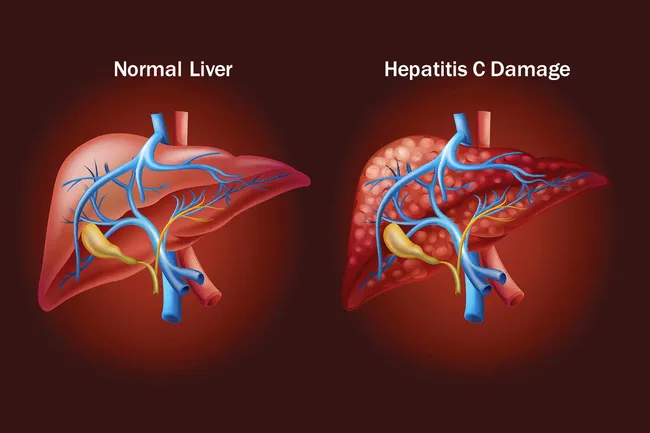
2
/
12
Blood
Inflammation in your liver caused by hepatitis C and later scarring can block blood flow to the area. Without healthy blood flow, your liver cells start to die. This lack of circulation can also make your legs or belly swell. You may also bleed and bruise more easily.
Swipe to advance
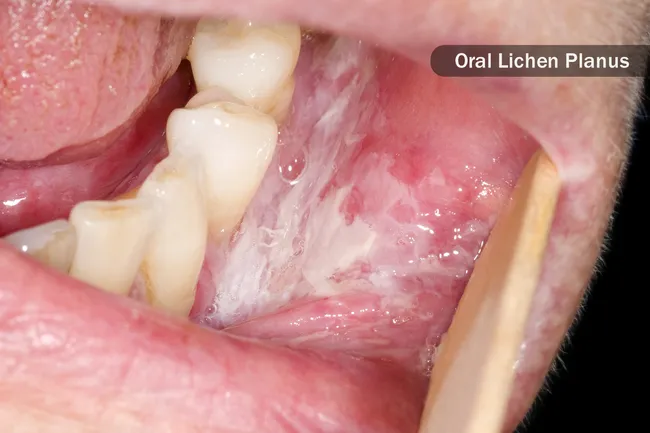
3
/
12
Mouth
For some people, hepatitis C also causes an autoimmune condition called sicca syndrome. This can give you dry mouth and make it hard to swallow, along with other symptoms. Hep C has also been linked with oral lichen planus, a chronic inflammatory condition that affects the mucous membranes inside your mouth. Symptoms include swelling, sores, and white lacy patches.
Swipe to advance
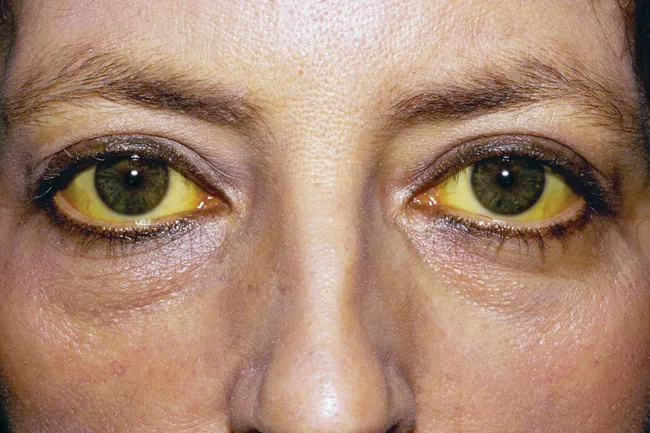
4
/
12
Eyes
Liver damage in the later stages of hepatitis C causes yellow eyes, a sign of jaundice. This happens because your liver can’t work the way it normally does, and yellow bile called bilirubin builds up in your body. (Bile is a fluid that helps in digestion.) This turns your eyes (and skin) yellow. Your eyes can also dry out from sicca syndrome.
Swipe to advance
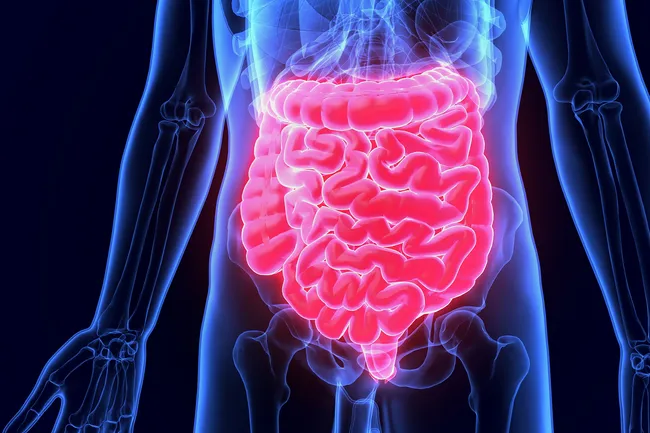
5
/
12
Intestines
Hepatitis C that inflames your liver affects your intestines, too. A damaged liver can’t make enough bile. When bile acids are low, your intestines can’t absorb vital nutrients your body needs.
Swipe to advance

6
/
12
Digestion
When liver damage (cirrhosis) caused by hepatitis C starts to get worse, you may feel nauseated and lose your appetite. Advanced cirrhosis can cause pressure to build up in your liver’s blood vessels. This enlarges the veins in your esophagus and elsewhere in your digestive system.
Swipe to advance

7
/
12
Weight
Hep C can send your thyroid gland into overdrive, a condition called hyperthyroidism. Weight loss is one side effect. Later, when hepatitis C liver damage turns to cirrhosis, it replaces the damage with scar tissue. Scarred liver tissue can’t work as well as healthy liver tissue can. This affects your body’s ability to digest food, and you may lose weight unexpectedly.
Swipe to advance

8
/
12
Bladder and Bowel
The jaundice that comes with a sick liver not only turns your eyes and skin yellow, it also makes your pee turn dark. You may also notice your poop is clay-colored. The upper right area of your belly where your liver is might feel tender.
Swipe to advance
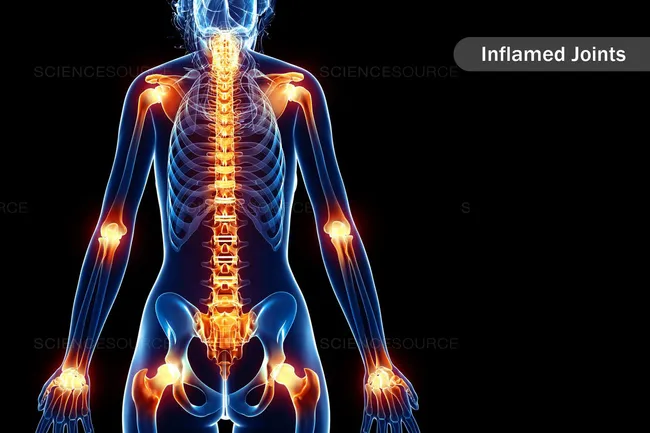
9
/
12
Joints
Achy joints and muscles are an early sign that your body’s immune system is trying to fight off infection. This feeling may come with other flu-like symptoms like nausea, fatigue, and no appetite.
Swipe to advance
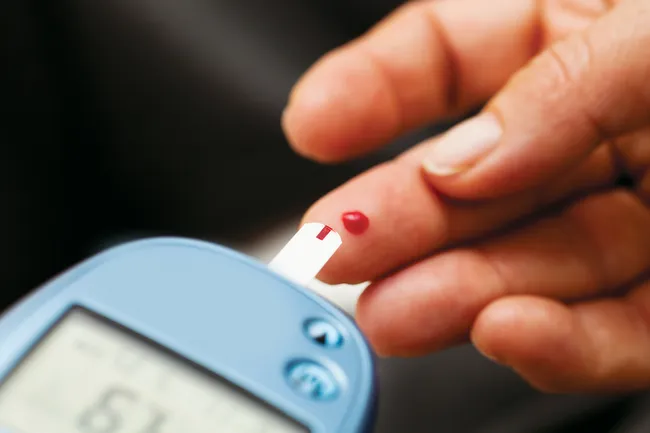
10
/
12
Blood Sugar
Hep C makes it harder for your body to deal with glucose, especially once it damages your liver. It keeps insulin from working correctly in your bloodstream. You’re at a higher risk for prediabetes and diabetes if you have hepatitis C. Around 33% of people with the infection have type 2 diabetes.
Swipe to advance
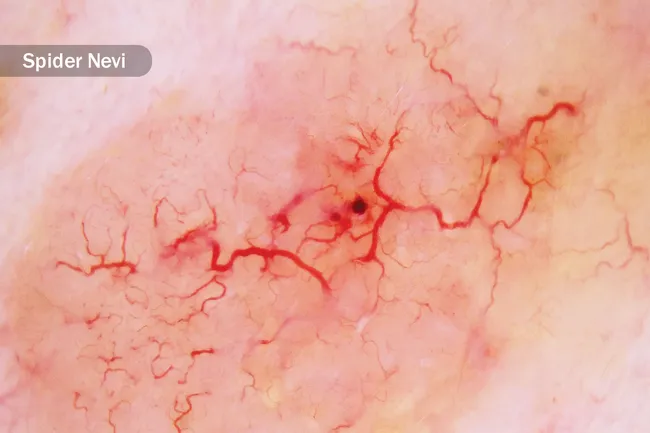
11
/
12
Skin
Hepatitis C can raise your risk for conditions that affect the way your skin looks or feels. Lichen myxedematosus (LM) and lichen planus both cause small bumps on your arms, trunk, and face. If LM gets worse, it can make your skin get tight and harden. Spider nevi are tiny red dots with radiating lines that can show up on your face or trunk. End-stage cirrhosis commonly causes pruritus, a condition that causes full-body itchiness.
Swipe to advance
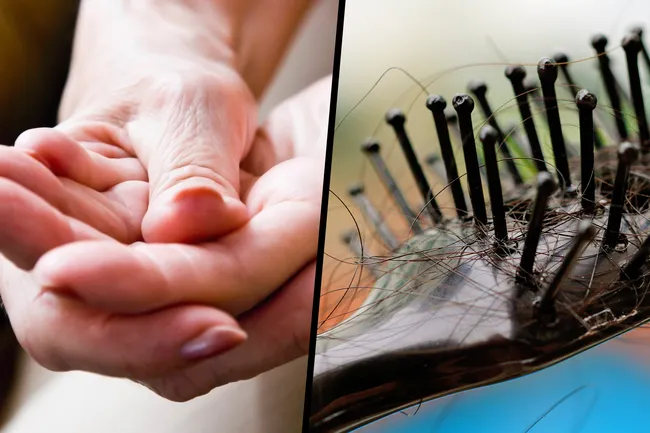
12
/
12
Nails and Hair
If you have prickling, burning, or numb skin, it could be due to paresthesia or peripheral neuropathy, two hepatitis C-related nerve conditions. Nails and hair are affected when hepatitis C moves into cirrhosis: The collagen your liver makes to try and heal itself can make your nails turn brittle and your hair fall out.
Swipe to advance
- Get link
- X
- Other Apps